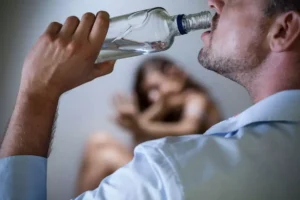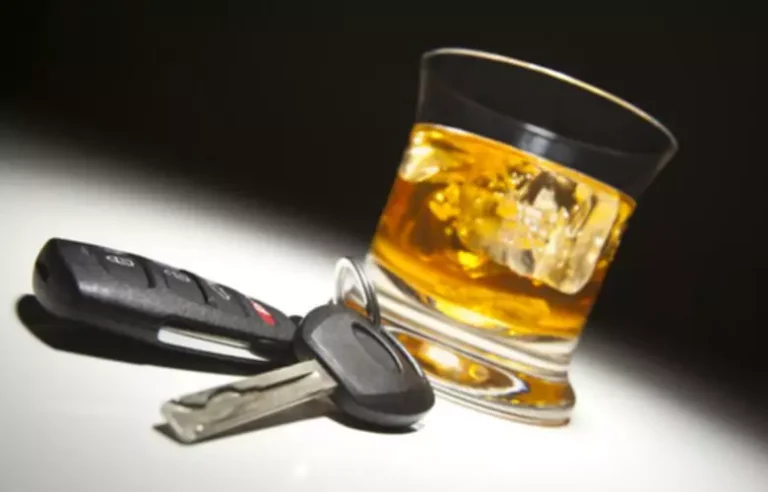Experiencing Kidney Pain After Alcohol Consumption: Causes and Care

In cases of liver failure, a liver transplant might also be required. You may experience this pain as a dull ache or as an abrupt, sharp, stabbing pain. It could affect one or both sides of the body and be minor or severe.
National Kidney Month: Empower Yourself with NKF’s Kidney Health Resources

The kidneys help filter the blood, including by filtering out harmful substances such as alcohol. Chronic exposure to high levels of alcohol can lead to irreversible damage, potentially causing conditions like alcoholic nephropathy. Kidney pain, often described as flank pain, is typically felt in the lower back, on either side of the spine. However, the precise location and nature of the pain can vary considerably. It might present as a dull, aching sensation, a sharp, stabbing pain, or a persistent throbbing.
- Jones was advised to abstain completely from alcohol and undergo follow-up blood and urine tests to monitor kidney function.
- Hydration is key to kidney health, and choosing the right plant-based milk can contribute to a healthy fluid intake.
- Water, being the most readily processed fluid by the kidneys, is generally the best choice for hydration.
- The disease can also affect blood flow to the kidneys and cause them to be less effective in filtering blood.
- Acute kidney injury usually goes away in time, but in some cases, it can lead to lasting kidney damage.
- Having more than three drinks in a day (or more than seven per week) for women, and more than four drinks in a day (or more than 14 per week) for men, is considered “heavy” drinking.
Preventing Dehydration During Alcohol Consumption

Ms. Smith was referred to a nephrologist for ongoing management of her CKD. Her condition was stabilized with the cessation of alcohol and improved medical management. Her kidney function did not return to pre-existing levels, highlighting the importance of early diagnosis and proactive management in CKD. If you want to avoid kidney-related pain after drinking, consider reducing your alcohol intake. Most people can keep their kidneys healthy by remaining hydrated and eating a balanced diet.
How to know if my kidneys are deeply affected?
- Many people experience this uncomfortable situation and are on the lookout for relief.
- If you’re a regular drinker, are you having kidney pains after drinking?
- Finally, excessive sugar intake can contribute to overall inflammation in the body.
- These risk factors highlight the importance of proactive health management and seeking medical attention if you experience persistent or concerning kidney pain.
Ask your healthcare provider if it is safe for you to drink, especially if you have a medical condition or take medicines that might be affected by using alcohol. Women, older people, and those with smaller bodies should be especially careful. Laboratory tests revealed elevated what helps kidney pain after drinking alcohol serum creatinine (2.5 mg/dL), blood urea nitrogen (BUN) (40 mg/dL), and white blood cell count (WBC). Urinalysis showed hematuria (blood in the urine) and proteinuria (protein in the urine).
Health Conditions
This helps maximize any benefits while preventing dehydration and maintaining overall kidney health. Beer contains barley and hops, which may have beneficial effects on kidney health. Barley is high in fiber, potentially reducing kidney stone risk, while hops have antioxidant properties that may help reduce kidney inflammation. Small stones may pass naturally with increased hydration, while larger stones might require medical procedures, including ultrasound or laser treatment. In case of kidney pains after drinking alcohol, your controlled diet will ensure that the kidneys are not under extra pressure.
How to Increase Testosterone Level in Your Body Quickly
- If the body does not pass the stone, a person can develop a severe infection or blockage.
- This helps flush out any potential irritants while preventing over-burdening the kidneys.
- Kidney pain after drinking can stem from various issues, including dehydration or underlying kidney conditions.
- The intensity can also fluctuate, ranging from mild discomfort to severe, debilitating agony.
- While occasional social drinking may not pose a severe threat to most healthy adults, any sign of elevated kidney risk should prompt caution and potentially a shift toward lower intake or abstinence.
- Alcohol intake causes dehydration because of its diuretic properties that make your body urinate more.
While it’s not Oxford House a concern after one night of binge drinking, if you habitually over-imbibe, the damages can accumulate in the liver and cause fatty liver disease or scarring that leads to cirrhosis. Once the liver becomes compromised, the blood flow to the kidneys is interrupted, instigating a domino effect of vital organ damage and possible shutdown. Mild kidney pain after drinking might respond well to conservative management.

This is especially likely if your liver is impaired due to alcoholism. The disease can also affect blood flow to the kidneys and cause them to be less effective in filtering blood. Experiencing kidney soreness after a night of drinking is unfortunately common. While hydration is key to recovery, some might explore alternative remedies for related discomfort.



